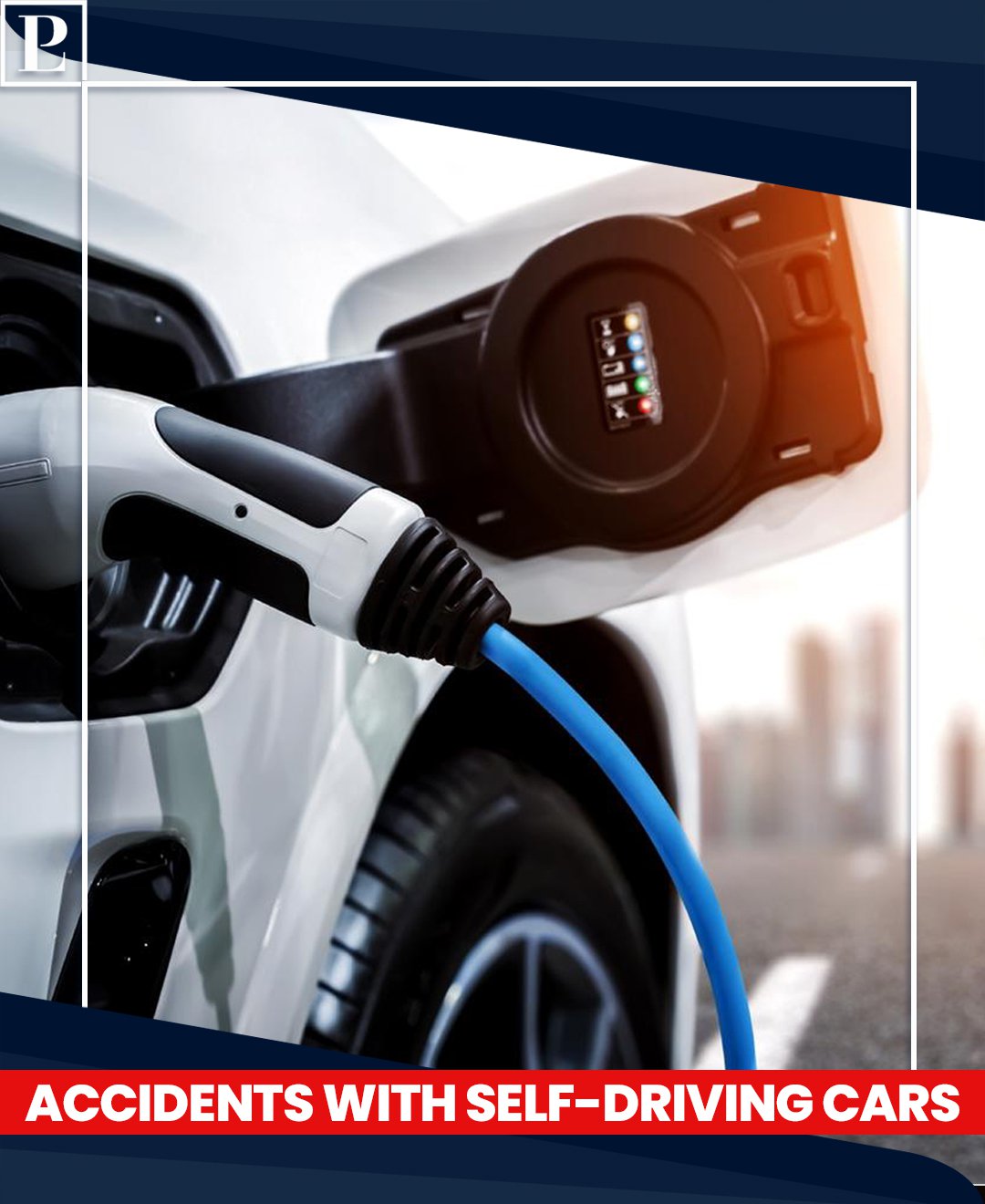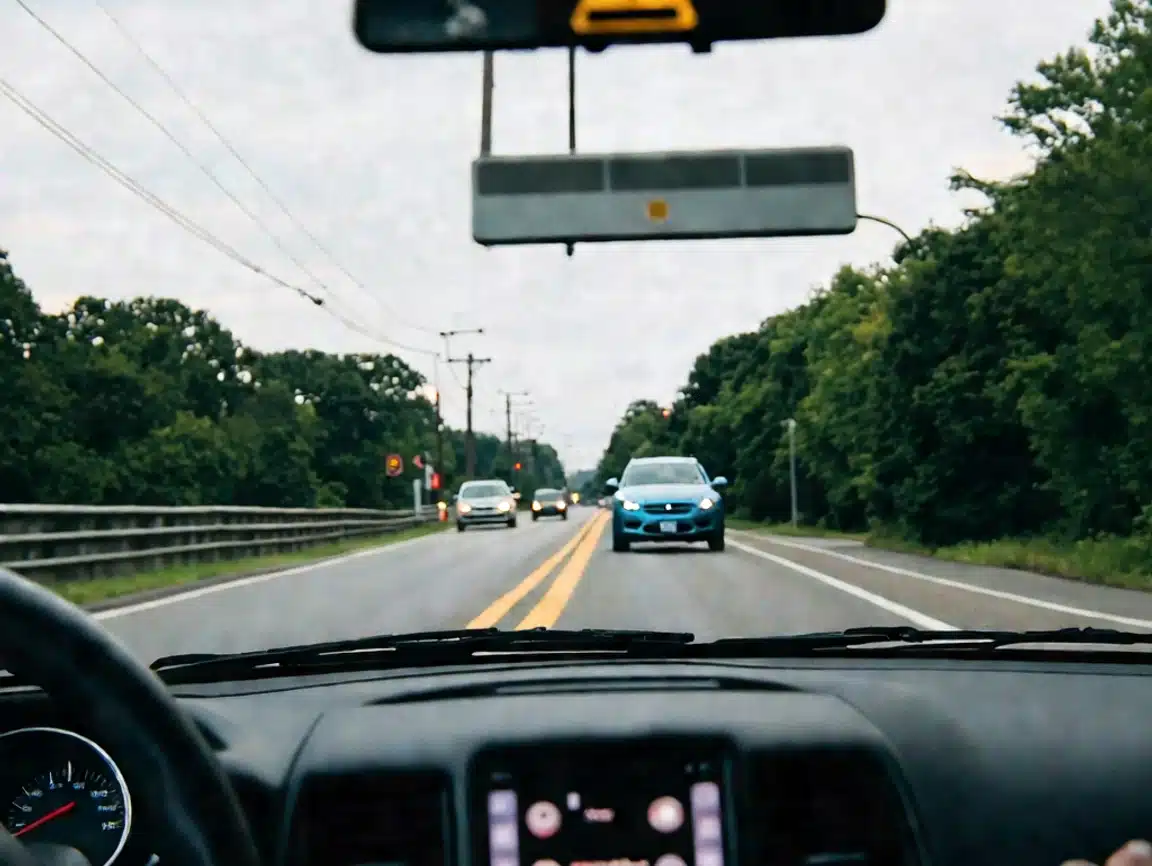A few decades ago, self-driving cars were mere visions from futuristic movies. Today, they share the roads with us. Companies like Uber and Tesla are pushing the boundaries of autonomous vehicle technology, but the legal framework around self-driving cars is still evolving. If you find yourself in an accident involving a self-driving car, understanding your rights and seeking legal counsel is crucial. In such situations, Pazz Injury Law is here to guide you through the complexities of Connecticut’s legal system.
The Legal Landscape of Self-Driving Cars in Connecticut
While self-driving cars are legal in all states, including Connecticut, specific regulations exist to govern their testing and use. In Connecticut, the Department of Motor Vehicles oversees all vehicle operations, including those involving autonomous vehicles. Some key points to be aware of include:
- An operator must be in the driver’s seat, continually monitoring the vehicle.
- The operator must be capable of taking control at any time.
- The operator must have adequate training and a comprehensive understanding of the vehicle’s operations.
- The operator must possess a valid driver’s license.
Determining Fault in an Accident with a Self-Driving Car
Assigning fault in an accident with a self-driving car can be intricate. Several parties might be involved, including:
- The Self-Driving Car’s Operator: Despite the vehicle being autonomous, a human operator is usually required to monitor and intervene if necessary. This operator can be held responsible if they fail to prevent an accident.
- The Manufacturer: Manufacturers can bear significant responsibility for the safety of self-driving cars. If an accident results from a system failure or design flaw, the manufacturer could be held liable.
- Other Drivers: Traditional human-driven cars still constitute the majority of traffic. Negligence or recklessness of other drivers can contribute to an accident involving a self-driving car.
Collecting Evidence
In a self-driving car accident, unique types of evidence may be crucial:
- Dashcam Footage: Self-driving cars often have multiple cameras recording at all times.
- Software Logs: These logs provide insights into how the car operated before and during the accident.
- Eyewitness Accounts: The standard practice of collecting statements from witnesses remains crucial.
- Police Records and investigatory reports.
Filing a Claim in Connecticut
Once evidence is collected, filing a claim is the next step. In Connecticut, you generally have two years from the accident date to file a personal injury lawsuit.
What Damages Can You Claim?
In Connecticut, victims of a self-driving car accident can claim economic and non-economic damages. Economic damages cover tangible losses like medical bills, property damage, and lost wages. Non-economic damages include a variety of factors like pain and suffering.
What to Expect in Legal Proceedings
Legal proceedings may involve discovery, negotiation, and potentially a trial. A Connecticut car accident attorney from Pazz Injury Law can guide you through these stages, building a strong case for fair compensation.
Consult a Connecticut Car Accident Attorney
If you’re involved in a self-driving car accident in Connecticut, the expertise of a Connecticut car accident attorney from Pazz Injury Law can be invaluable. We understand the nuances of the laws and can help accident victims navigate the legal landscape and recover the compensation they deserve.
Let us help you with your claim




